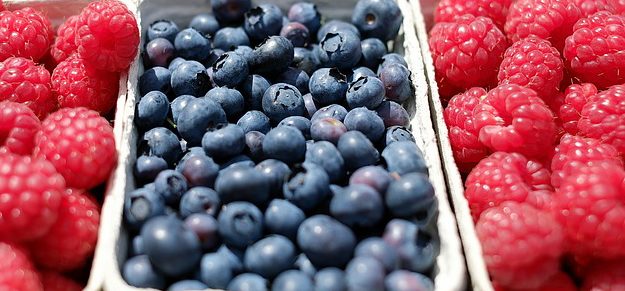November 21, 2016
Costa Group, Australia’s largest produce company, announced at its Annual General Meeting held on November 17 that it has entered into an exclusive non-binding partnership with Macquarie Agricultural Funds Management to “jointly investigate compelling M&A projects in farmland, biological assets, water and infrastructure assets” reports Fresh Fruit Portal.
At the time of the announcement, Costa CEO Harry Debney said, “This will extend our capacity to gain significant economic benefit for our shareholders.”
Consequently, Debney also announced that Costa will be stepping away from its Polar Fresh business – a joint venture formed between Costa and Swire Cold Storage – due to a lack of synergies and conflicts with Costa’s strategic direction resulting in a lack of profitability, according to Fruit Net.
Although Costa is winding down Polar Fresh, the group’s total pro forma revenue for financial year 2016 was A$809 million (US$595 million) – up 11.8 percent over the year before, and after a “favorable operating environment” for the first four months of fiscal year 2017, the group is seeing net profit after tax including startup costs in China up by 15 percent.
Berries at Home, in China, and Morocco
Costa Group has had a dynamic 16 months. In July of last year, the group raised A$550 million (US$404 million) in its market debut on the Australian Securities Exchange, representing the second largest new issue in the country year to date.
The group, which operated as a family owned business for a full century, was acquired by Paine & Partners in 2011 as part of the private equity firm’s fund III. Paine & Partners, which is dedicated to investing in food and agribusiness worldwide, had led the group to shift its focus to areas of competitive strength, including berries, mushrooms, snacking tomatoes, and citrus.
Pursuing these strengths, Costa announced a joint venture berry business in China with California-based multinational berry company Driscoll’s in February of this year. Under the terms of the agreement, Costa will control 70 percent of the operation, while Driscoll’s will control the remaining 30 percent and will market the fruit to the Asian market.
Blueberry and raspberry farms have already been established in China’s Yunan province, with the first raspberry harvest completed. Costa also stated in an announcement earlier this year to the Australian Stock Exchange (ASX) that a second farming site in China has been selected, and planting is scheduled to begin in the near future.
“Our investment in China is a long-term proposition requiring effort and patience to establish our footprint not only in China but also the wider Asian marketplace, said Debney, reports Fruit Net. “However, it is clearly one with very large potential.”
That same month, Costa announced that it was investing A$80 million to expand its domestic berry production with 11 projects planned for between 2017 and 2021. ABC reports that Debney stated that the plans include significant expansions to its facilities in Queensland, Tasmania, and Western Australia.
Meanwhile, the group’s African Blue project has planted 208 hectares of berries planted across five farms in Morocco, including 13 hectares of substrate production. The venture has proven to be healthy undertaking, posting an increase in sales of 76.6 percent for fiscal year 2015, and with a planned increase in acreage for 2017.
“Preparation of the recently acquired expansion land is well in hand with 66 hectares of new crop to be planted in calendar 2017,” Debney said, adding, “New Costa trial varieties are also being tested in Morocco, with the joint venture continuing to self-fund its growth in addition to payment of dividends to shareholders.”
—
Lynda Kiernan

Let GAI News inform your engagement in the agriculture sector.
GAI News provides crucial and timely news and insight to help you stay ahead of critical agricultural trends through free delivery of two weekly newsletters, Ag Investing Weekly and AgTech Intel.




